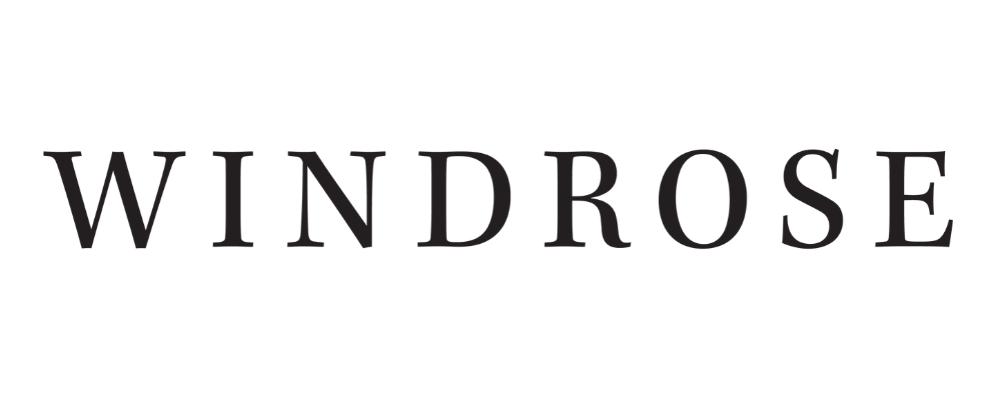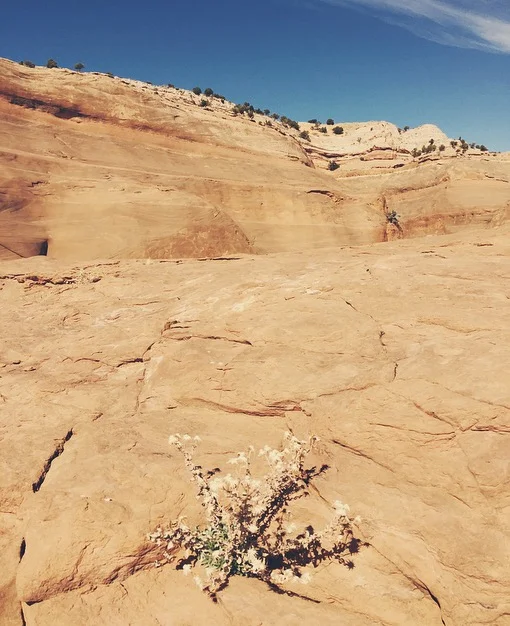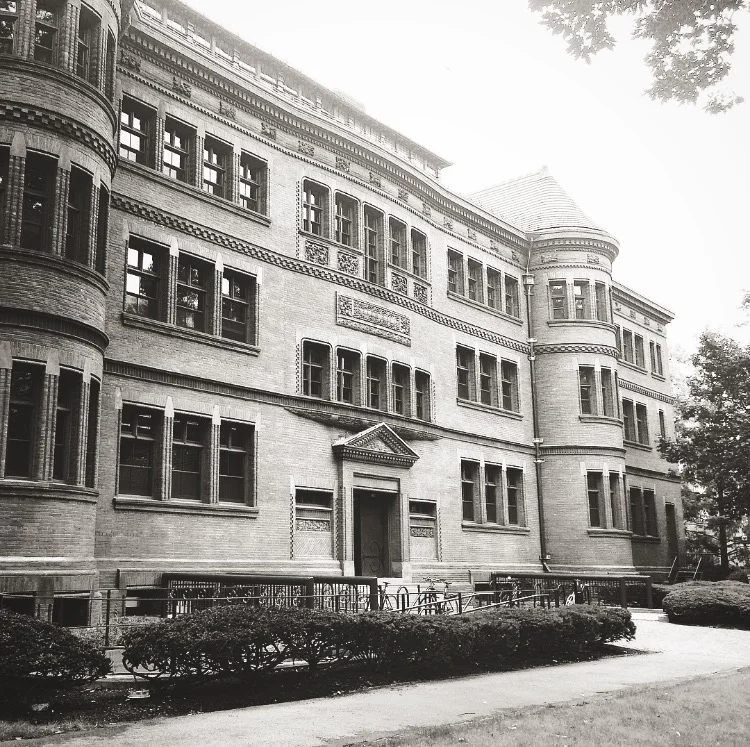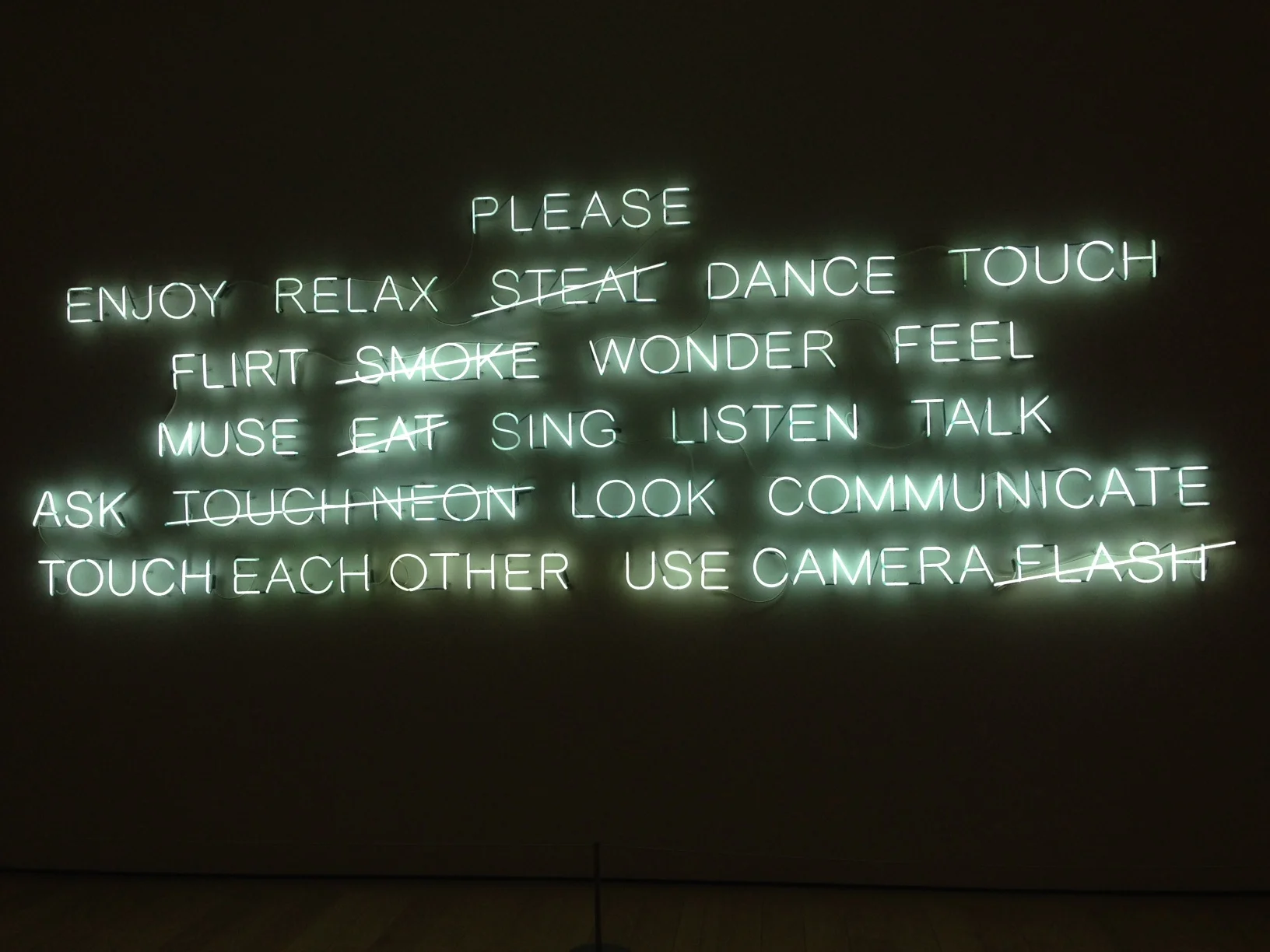Legitimate Artists Can Work in Cubicles
I was four years old when the tour of Peter Pan came through Toronto. I sat in one of those theatre booster seats in my fanciest dress and travelled from the Darling home to Neverland, and back again.
When the lights came back up, I turned to my mom and asked, “Is it over already?” She laughed, afraid two hours was too long for a fidgety little girl. Apparently she was wrong.
That was just the start of my musical theatre mania. I listened to Broadway cast recordings on repeat, I convinced my parents to take me to any musical theatre production within driving distance. I even took musical theatre lessons, where I always played characters like “nun #2” or “munchkin."
Around this time, my fourth grade teacher had us browse through career books to help us figure out what we wanted to be when we grew up. Each page was dedicated to a career: Teacher, Lawyer, Firefighter, Broadway Actor.
Wait. Broadway Actor? This was a career? In all my obsessing, it never occurred to me that these actors were performing as their job.
On some level, I knew it would never be my job—I only needed to be cast as “orphan #3” so many times to know I was better in the audience than on the stage. But my world was suddenly opened up to creative arts as a career. People had jobs like “actor”, “painter” and “writer.” It wasn’t just a hobby.
Yet over time, this evolved into thinking that creative arts are only legitimate if they are your career, if it’s what sustains you. Actors were only real actors if they were on a Broadway stage. Writers were only real writers if they were on The New York Times Best Sellers list. For those of us who lean to the creative side, that’s the dream.
Until it’s our career, the creativity is just a hobby. It’s just a side project, something we do just for fun. Because how can you call yourself a painter when your job is an administrative assistant? How can you be a real singer when you spend 40 hours a week in a cubicle?
But honestly? I think we romanticize the notion of our art being our career. I don’t think it’s as easy or fulfilling as the famous artists make it appear.
I want you to know that being a legitimate artist and holding a day job are not mutually exclusive. You can do both. At the same time.
I spend my days as a Communications professional in the healthcare field. I create communication strategy, I maintain websites and manage social media, and I write. But it’s not the kind of writing that fuels me. It’s the kind of writing that pays my bills.
So I’ve made time for the kind of writing that fuels me. In doing so, I’ve discovered that I am a creative writer simply because I’ve made the decision to pursue writing with curiosity and passion.
And in this process, I’ve learned a few secrets of balancing a creative passion and a day job: play, persistence, priorities and patterns.
Let your creativity play.
When you’re not relying on your next painting or story to pay for the roof over your head, the pressure is off. You can take a long time, you can make mistakes, you can try something completely new and see if it works. And if it doesn’t? Not a big deal. Play with your creativity and see what you can do when the stakes are low.
Your job and your art are put in perspective.
The world will keep turning if you filed the wrong paperwork or if the budget doesn’t balance perfectly. It will also keep turning if you don’t get the part you auditioned for or if the magazine rejected your article. The world is so much bigger than your day job or your art – having both things in your life is a good reminder of that.
You will prioritize what’s important.
I know. You’re busy. How can I expect you to have time to make an income and pursue a creative passion? I’ll let you in on a secret. There’s no such thing as “having time”, but there is such a thing as “making time”. If you want something bad enough, you’ll make time for it. You might have to get creative – wake up early, say no to things that you’d rather say yes to – but you’ll figure it out.
Expect life’s patterns.
There are going to be periods of work life that are busy and take up more energy than normal. In my experience during those periods of time, even when I do get myself up at 5:00 to write, I spend that time staring a blank document on the computer screen. So I cut myself some slack and focus more energy on my day job for that period of time. Once things get back to normal, I’m back to my creative routine.
Play, perspective, priorities and patterns. These are the key ingredients to being a legitimate artist while also holding a day job.
And I don’t say any of this to shame the struggling artists – those that are scrimping and sacrificing to make a living off of your art. If this feels right to you, if you find peace in this lifestyle, then I think you’re amazing and please let me know how I can support you.
But if you are doubting your credibility as a legitimate artist because you also have a day job, stop. That’s a lie. And if you are hesitant to take a job at that coffee shop because it means you’ve failed, stop. That’s also a lie.
You live in a world where you get to make decisions about your time and how you use it. Don’t let anyone, yourself included, tell you otherwise.
And while I’ll continue to admire those that stand on Broadway stages or live for weeks at a time at the top of The New York Times Best Seller list, I’m going to be okay to know I might not ever get there. And I’m going to keep creating anyway.
[Photo by Julie Bloom.]










BUY 1, GET… AS MANY AS YOU WANT!
Windrose Magazine is your guide to navigating life in your twenties through a collection of essays, interviews, and advice that will inspire you to chart your own life course, free of comparison.
PLEASE NOTE: We can only ship within the United States. We still love our international friends, promise!
Magazine ships from our HQ within 7-10 business days of order. All sales final.
INVENTORY SALE: Buy 1 copy, get … as many as you want! Yes, really. We will contact you after purchase through the email you submit during the checkout process to confirm how many copies you would like.
Please note that orders of 10+ copies will incur additional shipping fees. Order limits are subject to remaining inventory count.